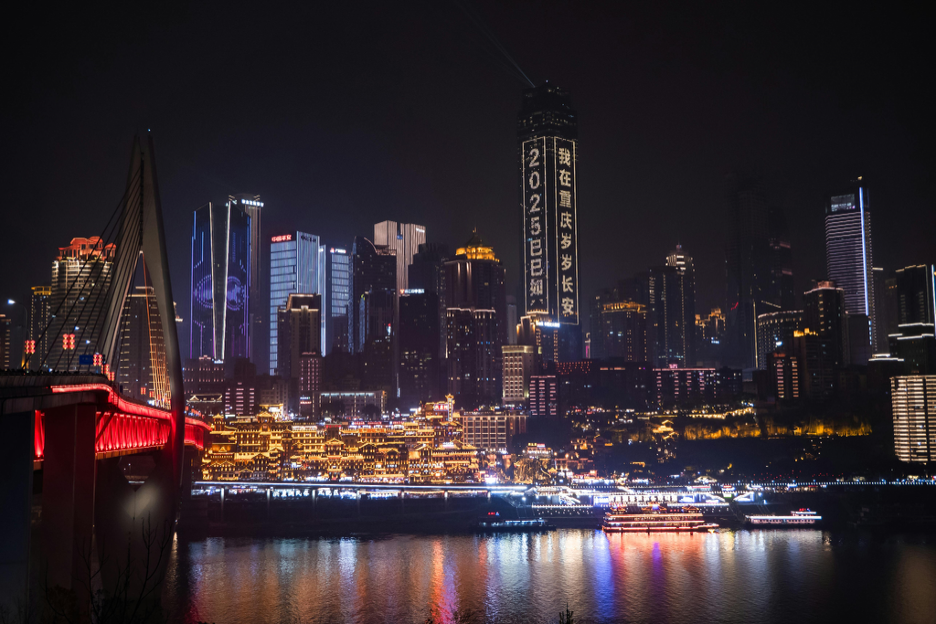End of Free Trade? Rethinking Globalization with the Rise of Modern Protectionism
- Zeshan Muttalib
- Oct 22, 2025
- 3 min read
Zeshan Muttalib

We’ve all heard the magic word, tariffs, in regard to the Trump administration’s economic management and the exorbitant percentages of these tariffs applied to countries all around the world. Most notably, China has faced the ire of the United States on the matter of these financial controls, and it begs the question: Where has the era of free trade gone?
Modern protectionism, as practiced by the likes of Trump, has inflated the global market’s prices and put the future of global investment in jeopardy, as the direct result of the US’s belligerent posturing in the face of the world economic system. As a result of this shifting paradigm, rethinking the globalized economy with this new protectionist context in mind must be done. A new perspective towards global supply chains, national development, industrial policy, and environmental standards must be understood to revive an inclusive global economy.
Today’s economic world of protectionism and tariffs has exposed that the modern globalized economy and its interconnected supply chains can be cut off abruptly when we least expect it. Instead of searching for pure cost-efficiency, economies must cut their hyper-dependence to develop some form of economic resilience. While obviously, free trade is the cornerstone of any great global economy, this interdependence must be combined with a rational calculation of whether nations are acting at the behest of other nations in regards to what they are trading and producing. According to the US Census, via Pew Research Center, the United States has a huge trade deficit with China, Canada, and Mexico, with an exorbitant $263.3 billion deficit with China alone. This is just an example of an economic dependence created by an overly cost-efficient system, and protectionism can’t change the balance sheet, as retaliatory actions will inevitably affect both imports and exports.
Thus, a dynamic economic system will attempt to create a better internal balance where countries have a more diverse mix of trade partners and a better understanding of their national resource capacity for production. The example given before of the United States has the capacity to be less dependent on, say, China when it comes to electronics, because it has a large internal resource capacity and diplomatic relations with other potential partners regarding hardware and software. Utilizing this strategy can be done under the guise of free trade while foregoing the need for tariffs as a way to supposedly protect our internal economic workings.
What would a restructuring of internal economic capacity look like? Look no further than state-led industrial policies that have already been proposed and adopted. The CHIPS Act from the United States and the EU’s Green Industrial Plan are prime examples. The Semiconductor Industry Organization tells us how $450 billion worth of national private investments have already been kick-started by the CHIPS Act, showing that internal industrial policy to help decouple trade dependence caused by shaky supply chains that can be disrupted by American modern protectionism and war (e.g., Russia vs Ukraine).
Furthermore, a new, inclusive, and self-reliant economy globally modeled after these tenets will also allow us to create more environmentally sound economic decisions. Protectionism showcases the problem with our current neoliberal standard and its system of investments, making environmental investments vulnerable to these whims of trade. While continuing international environmental investments, a system of trade that is more conditional on guaranteeing internal standards of environmental protection guards against a predatory system of international trade that disregards this and simply looks at profit.
To conclude, protectionism warns us against the leaky foundations on which our modern global economic system has been founded. We can successfully combat the new onslaught of economic whirlwinds by focusing on ending over-dependence on certain risky global supply chains, investing in national industrial policy, which will lead us to making better internal economic decisions, like setting environmental standards that tariffs and protectionism can’t damage. Looking towards a new economic paradigm is imperative as our current neoliberal system is experiencing radical change and a departure from the ideas that have governed it for decades.




Comments